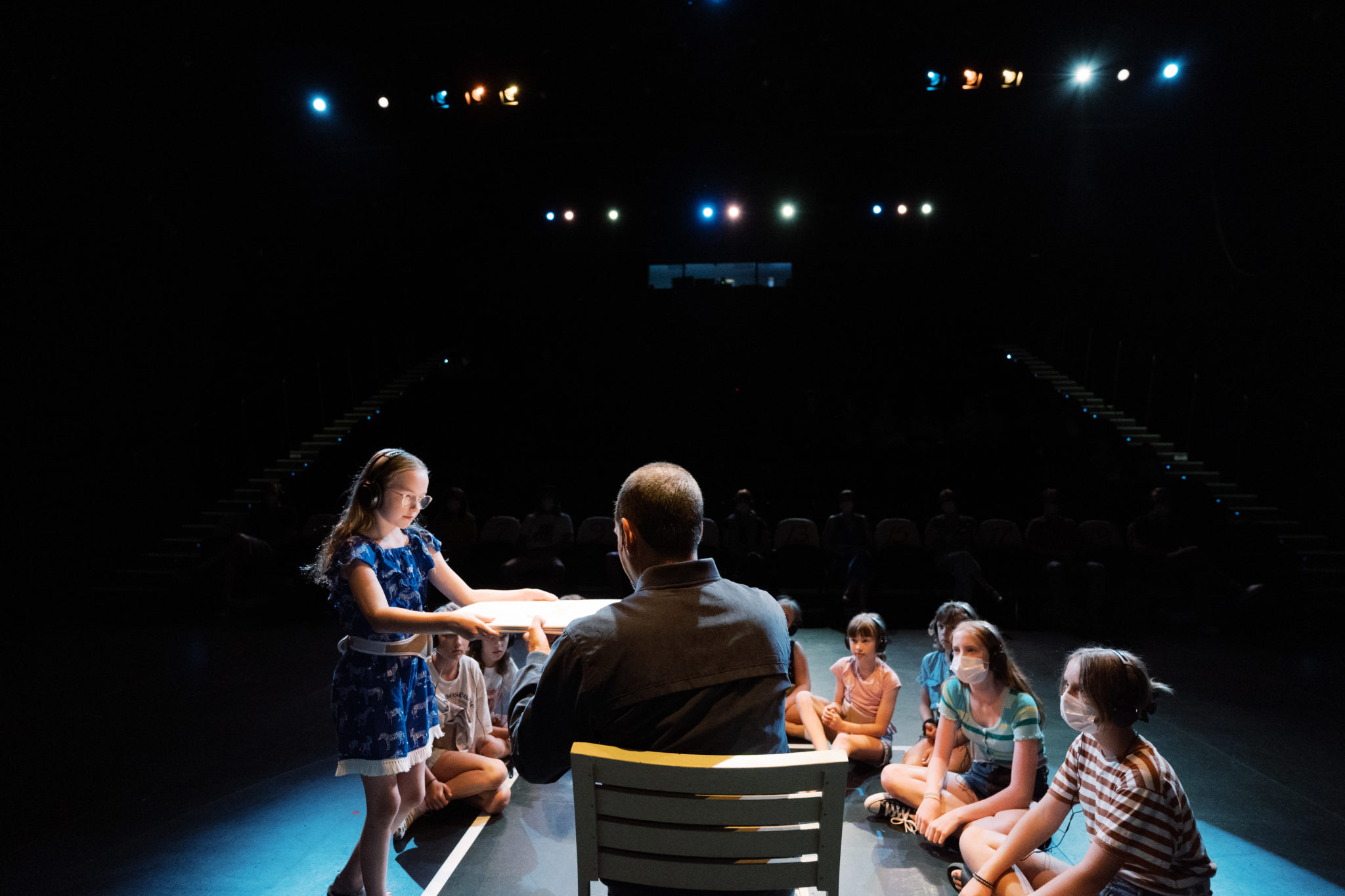“The Smallest Stage”
A review by (Dr.) Jane Anderson
While there is a raging debate about locking up 10-year-old children, there is another forgotten group of children who are part of the criminal justice system. It’s estimated that, on any given night, around 40,000 young people have a parent in an Australian jail.
When Kim Crotty went to prison for possession and supply of illicit drugs (cannabis) he left behind his two sons, then three and five years old. The heartache of separation left him desperate to maintain his relationship with them.
Jailing is about punishing the offending individual. The adult system gives no formal attention to children, despite its serious consequences for their lives. They experience grief and loss, anger, shame and isolation, fear and anxiety, as well as confusion about their parent’s behaviour.
Meantime, prisoners are not given rehabilitation in relationships. Kim had to find his own way to repair the bond with his children.
That journey of discovery has since been crafted into an interactive stage show, aptly entitled “The Smallest Stage”, that intimate space on which a parent and child engage, or not.
The autobiographical account starts out with Kim, alone in his cell, realising that he must be honest about his failings in child appropriate ways. Only truthfulness can help them to make sense of the world.
Kim hit on the idea of writing and illustrating a story: “The Love Compass”. The truly enchanting story warmed the parent-child bond. The boys, of course, wanted more! But prison is boring; its routine monotonous. In that bleak reality, uninspiring in every dimension, he dug deep to find weekly tales to keep the light of love burning.
In keeping up the pace, Kim also had to confront the damage inflicted on himself as a child. His witness to the violence inflicted on his mother by his father came to the fore as a threat to his relationship with Beth, his wife, and by default their children.
Such brokenness is the lot of so many prisoners. Love has been twisted, abandoned or absent. Punishment is so often another verse of the same sad song. Prison rarely helps heal the wounds of deprivation and despair.
Kim escaped misery with purposefulness, producing and illustrating 47 stories, featuring superheroes, monsters, ghosts and other amusing and loveable creatures. His children reciprocated with endearing and still much treasured letters. An “I love you Daddy” speaks volumes behind locked doors and high wire fences.
Kim was deported from the UK prison back to his native Australia. Beth and the children chose to join him and make a new life together. He is one of the lucky ones. Kevin, another inmate I once knew, was deported to the UK not ever seeing his 3 children again. He died of cancer eighteen months later. I have often wondered what happened to his children.
In this production, Kim’s stories are presented artfully in live drawing, puppetry, animation, and culinary capers. They are charming, amusing and captivating.
For most in the audience, the stage show will be about the timeless human story of parents having to navigate their own frailties before the faces of their children. As for me, having had the unique opportunity of delivering in-prison restorative justice* programming, I hope that at least some will think of the less fortunate children, and consider what can be done for them.
*Restorative justice addresses the harm of crime and aims to repair and build people and relationships.
Photo Credit: Ben Yew




